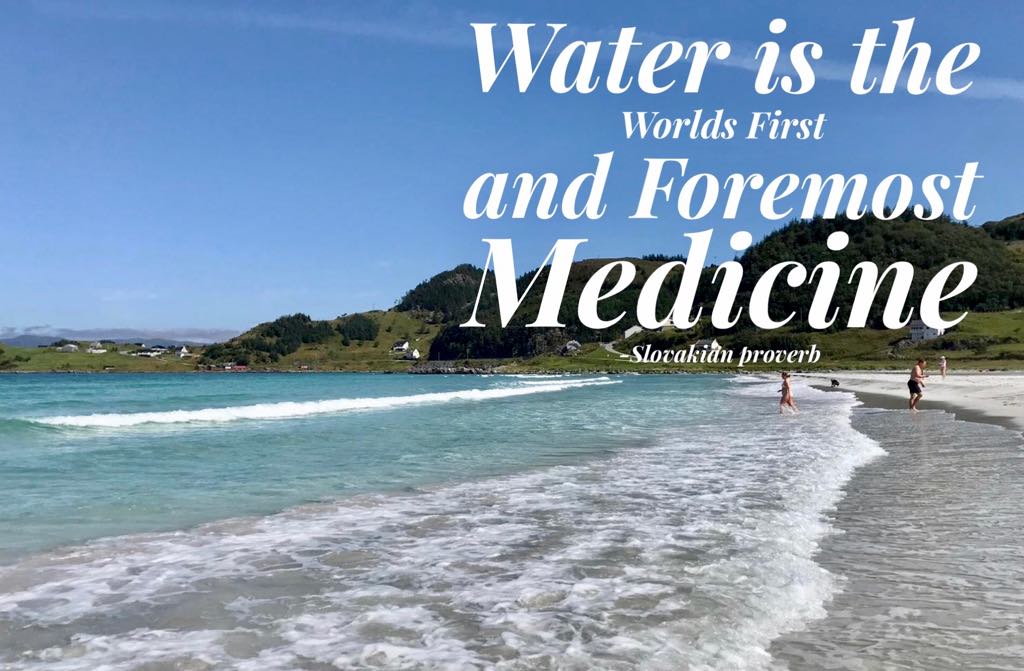 Water. It’s everywhere on Earth, either frozen on the polar ice caps or as gas in steamy geysers. Wherever water flows on this planet, there is life.
Water. It’s everywhere on Earth, either frozen on the polar ice caps or as gas in steamy geysers. Wherever water flows on this planet, there is life.
Water has played a critical role in survival ever since.
In our body, it acts as both a solvent and a delivery mechanism, dissolving essential vitamins and nutrients from food and delivering them to cells. Our bodies also use water to flush out toxins, regulate body temperature and aid our metabolism. No wonder, then, that water makes up over half of who we are, about 55-60%. So, I am 47kg, 23-28 kg of my body are water! Wow, don’t you think?
A couple of questions start pounding on my mind.How does our body know how much to drink, how much to pee, sweat, etc? How do we keep the same the water balance?
We take in water from food, drinks and a little through our skin from the air. We lose water through sweating, respiration,urine. On average, we get around 1 liter of water from our food each day depending on our diet. Raw fruits and vegetable soups have a high-to-moderate amount of water. High-fat foods like nuts, seeds, oils, butter etc, have very little water. So, depending on a person’s diet as well as their environment, their activity level, their state of health and other unique biological factors, you may need to drink more or less.Our fluid intake is regulated by thrist. When the body feels a fluid deficit, we get thirsty and we drink. The only problem is, it may be a bit of a delay between losing fluid and being thirsty, that’s why we can prevent this by reminding ourselves to drink water form time to time.
Even slight dehydration can influence in a negative way how we think, focus and perform. Most adults need around 3 liters of fluid each day : 1 liter from food and 2 liters from drinking.





